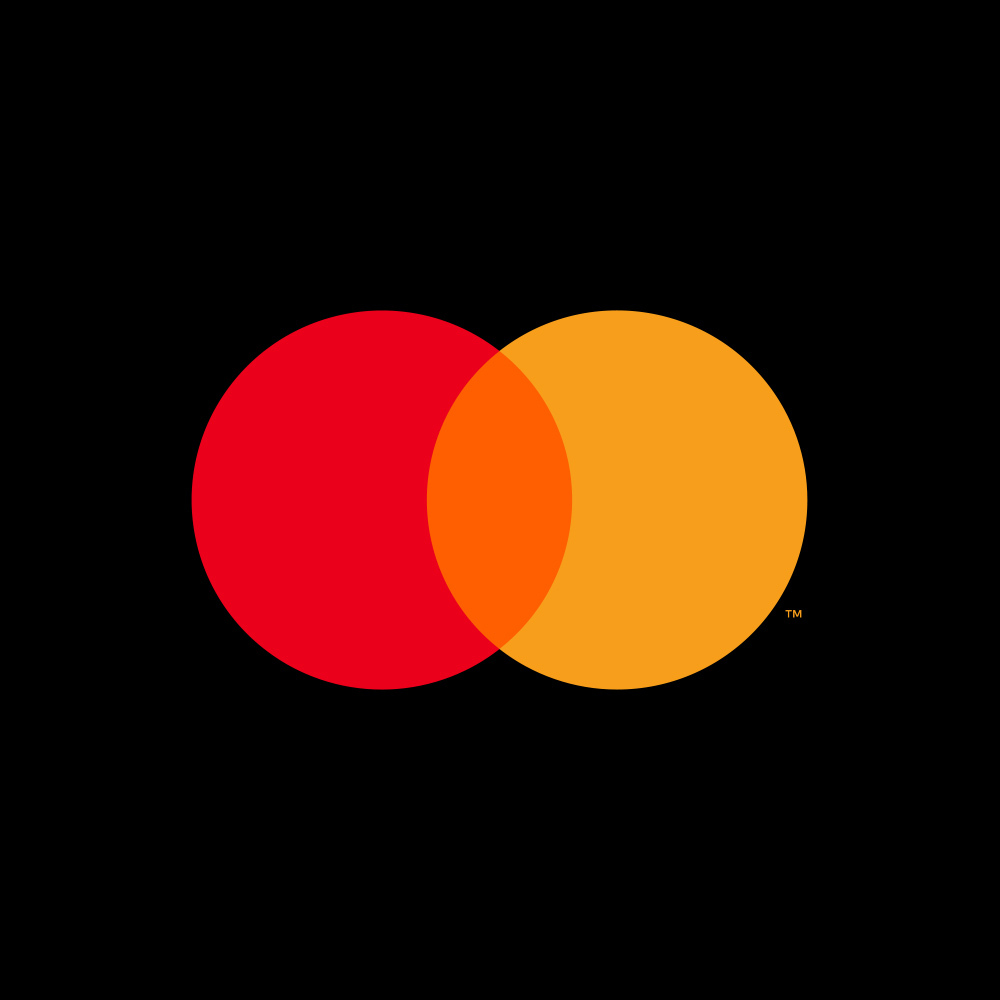Mastercard Inc. switched 20% more transactions on its worldwide network in the third quarter than it did a year earlier as purchase volumes remained strong and new growth markets generated more payments.
“Growth was broad-based,” Mastercard president and chief executive Ajay Banga said Tuesday morning during the company’s third-quarter earnings conference call with analysts.
The No. 2 payment network said it switched 22.9 billion transactions in the three months ended Sept. 30, up 20% from 18.8 billion in 2018’s third quarter when normalized for differences in processing days. Part of that growth came from “the ongoing adoption of contactless payments,” chief financial officer Sachin Mehra said on the call.

Contactless payments are rising fast in part because of more acceptance locations for them, especially on mass-transit systems, as well as at millions of U.S. merchant locations that now have point-of-sale terminals that can accept them thanks to the conversion to the EMV chip card standard over the past four years.
Besides contactless usage and generally strong consumer spending, Mastercard also benefitted from more business-to-business spending. Many businesses are beginning to use Mastercard’s card and non-card payment alternatives, Banga and Mehra noted.
In the United States, credit and debit card purchase volume totaled $433 billion, up 13% from $385 billion a year earlier. Credit card volume jumped 15% to $235 billion while debit card spending rose 11% to $199 billion. Worldwide purchase volume increased nearly 15% on a currency-adjusted basis to $1.22 trillion.
Mastercard reported $2.11 billion in net income for the quarter, up 11% from $1.9 billion a year earlier, on net revenues of $4.47 billion, a 16% increase on a currency-neutral basis from the prior year quarter’s $3.9 billion. Besides increases in its transaction-fee and assessment revenues, Mastercard saw a 33% increase in so-called other revenues to $1.09 billion. These revenues include income from Mastercard’s growing roster of data analytics, fraud prevention, marketing, and related services.
The company spent $2.1 billion on rebates and incentives to card issuers and merchants to spur issuance of cards with the Mastercard brand and volume on the Mastercard network, up 22% from a year ago. Banga reported that Mastercard struck a long-term card-issuance renewal agreement—through 2029—with key client Citigroup Inc.




